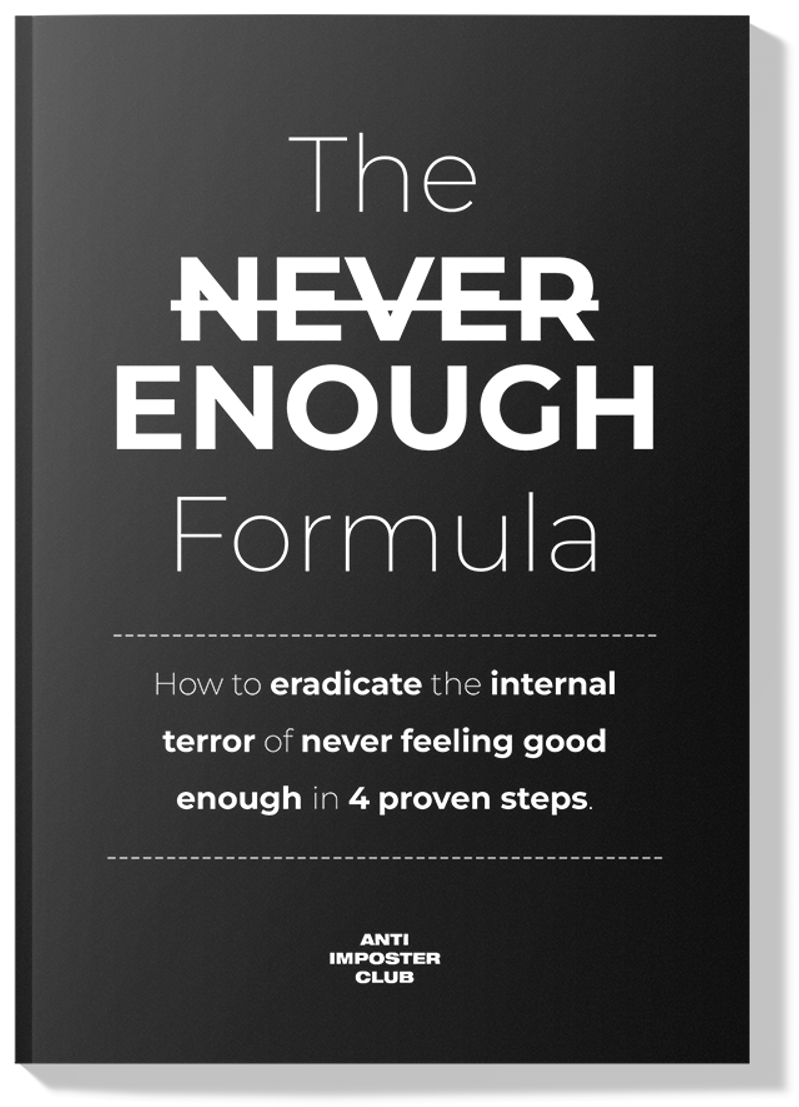The average adult brain takes in about 34 gigabytes worth of information per day. That's the equivalent to watching roughly 17 hours worth of Netflix. Every. Day.
That's a lot of information to process.
To save energy, our brain has therefore decided to filter all the information that we take in and make sense of it by linking pieces of information with each other and putting them into a logical order of plausible cause-and-effect relationships, enabling us to process the information effortlessly.
Or to put it more simply: Our brain loves creating stories.
However, there is a problem with creating these easy-to-understand narratives, where one fact beautifully builds on the other to help us to make sense of why Bill Gates became the second-richest man on earth, why the stock market crashes from time to time, or even why the first world war broke out: They are often not the whole truth.
In our modern world, most events that take place are far more complex than we can capture. And so the narratives that we create for ourselves to explain these events present an incomplete picture of the real world. Outcomes are being attributed to only a few causes that "make sense" in our heads, that seem logical, but actually, they may only play a small role in the bigger picture and occur by complete chance, and we are oblivious to it. That is the narrative fallacy.
*“The narrative fallacy addresses our limited ability to look at sequences of facts without weaving an explanation into them, or, equivalently, forcing a logical link, an arrow of relationship upon them. Explanations bind facts together. They make them all the more easily remembered; they help them make more sense. Where this propensity can go wrong is when it increases our impression of understanding.”
~ Nassim Nicholas Taleb (Author of The Black Swan: The Impact of the Highly Improbable)*
Nowadays the narrative fallacy is often a prevalent issue when presenting today's success stories. Too often the media tries to tell us that in order to be successful all you need is hard work, resilience, and talent, nothing else.
But is it that simple?
Take for example the story of Bill Gates. A super-intelligent, relentlessly hard-working young guy with the needed resilience to overcome obstacles builds a software empire and becomes the second-richest man in the world. Great narrative.
Unfortunately, only half of the actual story. While Bill Gates was definitely hard-working, he also had access to a series of incredible opportunities that hardly anyone else had. Born into a wealthy family, he was sent to a private school that was dedicated to Seattle's elite families. There he was able to join a computer club - something most colleges didn't have in the 1960s. Never mind that most colleges didn't have the financial means to fund the sort of computer that Bill Gates started to learn to program on - an extremely rare model that was connected to a mainframe computer in Seattle, which allowed him to practice real-time programming before anyone else could.
Of course, it also takes hard work and resilience to actually exploit these opportunities, but you need to have them in the first place, and Bill Gates had a lot of them! Unfortunately, these details are often overlooked, making it seem that success is based on a very simple formula, whereas in fact, more often than not it is to a large extent the result of luck, coincidence, or opportunism.
The biggest problem that the narrative fallacy creates is that it worsens our decision-making since our decisions are based on an inaccurate picture of the real world.
So what can we do about that?
The first way to reducing the influence of the narrative fallacy and improve your decision-making is to be aware of it. Start questioning every story you hear a little more, especially those presented in the news, which are often designed to portray events in a certain way to appeal to and shape people's political attitudes. Is there any silent evidence?
Accept that you and the story teller are cognitively limited and that stories are only a partial presentation of the real world.
A second way to improving your decision-making is to start doing your own research. Look at the facts and unbiased data. Trust your own experience. If a story of success or failure looks way too simple, it almost definitely is.
Especially when it comes to stories of successful personas, always ask yourself How many others are there just like that person in question, who may also be super hard-working, have the same resilience, and the same amount of talent, a similar IQ? Common sense suggests, there are probably thousands. And now ask yourself How many of those had access to the same opportunities as the person in question? Probably not that many.
A third thing to bear in mind when making decisions is to not use past events and cause-and-effect relationships as predictors for future events. Our world is changing faster than ever, and given the complexity of causes that culminated in certain events, it is highly unlikely that the same set of circumstances will recur in the future. Only because taking a calligraphy course at college helped Steve Jobs build one of the most valuable companies in the world, doesn't mean that taking calligraphy courses at your college will help you achieve the same, so maybe it is wiser to decide on choosing a course.
However, this is not to say that there is nothing that we can do to achieve our personal success and that everything is purely based on luck!
The main piece of advice here is to be forward-looking. Assess what the future state of the world could like. If you are a student looking to improve your employability, ask yourself what skills will be relevant for when you enter the job market and not which skills have been sought-after in the past?
Is computer programming going to be one of them because it made Bill Gates and Elon Musk rich or are you just falling for the narrative fallacy?
My Story

My name is Stefan, and just like you, I had (and still have) this little voice in my head telling me that I'm not good enough.... continue reading
More blog posts
What everyone ought to know about boosting your self-esteem.
(Do not carry on with your self-affirmations if you truly want to feel confident again.)

Discover what the real 'currencies of self-esteem' are and how to amass them like weeds.